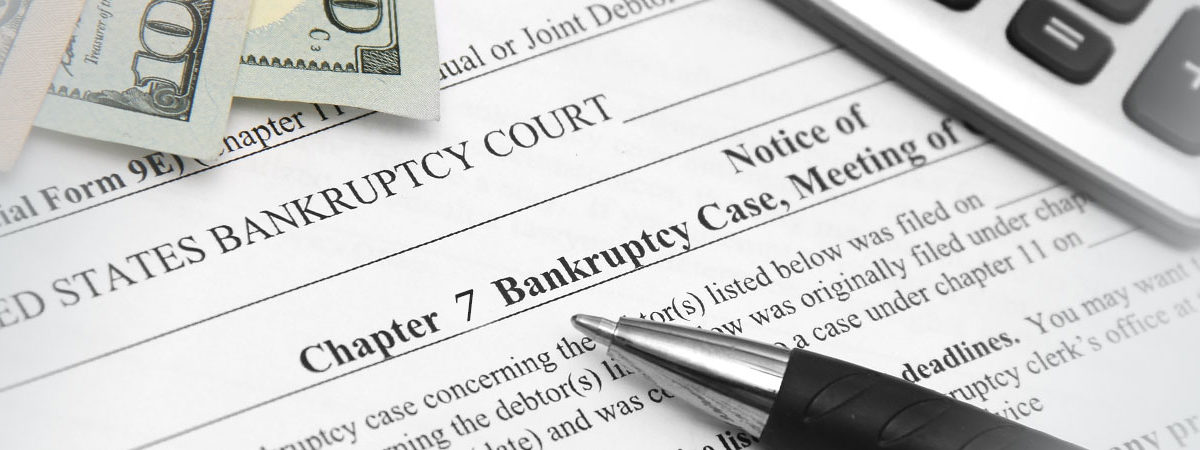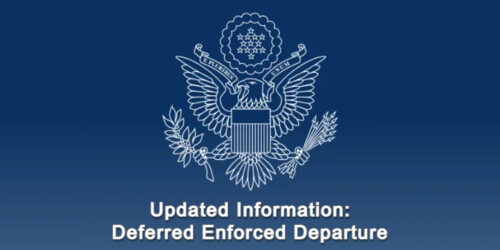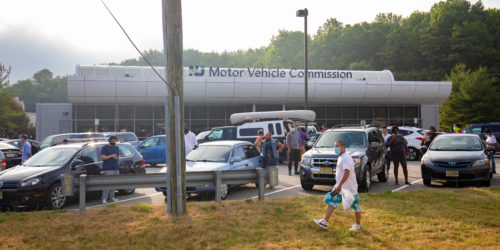Chapter 7 bankruptcy provides relief through the bankruptcy code in a form of a “straight” bankruptcy. If an individual facing significant debt isn’t sure what to do to obtain financial relief, they should consider speaking with a bankruptcy attorney. Detzky, Hunter & DeFillippo, LLC wants you to know that you are in good hands. Bankruptcy may be the best way for someone who is struggling financially to get back on their feet and find financial success in the future. Don’t be stressed, we can help. If you need to discuss your options and think bankruptcy may be necessary, contact the experienced bankruptcy attorneys at Detzky, Hunter & DeFillippo, LLC. Our legal team is ready to assess your financial situation and guide you through your options. Additionally, our New York counsel, Paul Hollender, a highly regarded bankruptcy attorney and general practitioner, provides the firm with the unique ability to assist our clients with financial interests or business problems in New York as well. Schedule a consultation today.

How does a Chapter 7 debtor get a “Fresh Start” to begin a new financial life?
Chapter 7 debtors seek to “wipe the slate clean” and start new financial lives. In fact, one of the goals of the Bankruptcy Code is to give debtors a “fresh start,” without the burden of overwhelming debt. Generally, Chapter 7 of the Bankruptcy Code provides relief to individuals It is a simple, fast and straightforward form of bankruptcy. In most Chapter 7 cases, your debts are completely discharged (forgiven) without having to lose any of the things you own. Mr. Detzky has successfully handled thousands of Chapter 7 bankruptcies and is uniquely experienced and equipped to help you solve your financial difficulties. Once a Chapter 7 debtor has received a “discharge” in bankruptcy, he is no longer responsible for most of his debts. Debts that cannot be discharged or eliminated in bankruptcy include student loans, recent tax liabilities, and child support.
The Bankruptcy Code permits debtors to keep some assets or property that are necessary to begin with a “clean slate” or to make a “fresh start.” These assets and items are called “exempt property.” In most cases, you will be able to keep your home and most of your property depending on its market value and the “equity” in that property.
What debts can be discharged in Chapter 7 bankruptcy?
Generally, most unsecured debt is dischargeable in Chapter 7 bankruptcy. A Chapter 7 debtor is usually granted relief from having to pay the following types of debts:
- Unsecured or personal loans
- Medical and dental bills
- Court-ordered judgments
- Repossession deficiencies
- Claims in an automobile accident or negligence cases
- Motor Vehicle Commission Surcharges
Generally, the following types of debts are often found to be non-dischargable
- Spousal & Child support
- Debts incurred by dishonesty, fraud, or concealment
- Amounts received by embezzlement
- Civil Judgments due for intentional or willful torts
- Recent Federal & State Income Taxes and any tax obligation where you had a “fiduciary” obligation to collect and remit, such as payroll & sales taxes.
- Most student loans, except in those very limited circumstances where a Bankruptcy Judge determines that a debtor would experience “undue hardship” if the debt were not discharged
- Very recent charges on credit cards, for luxury goods or services or cash advances
Am I eligible for Chapter 7 bankruptcy?
Those who are considering bankruptcy must pass a means test, which establishes whether the debtor’s income is in excess of certain thresholds required to file for Chapter 7. If the individual’s income falls below the threshold, they may be eligible for Chapter 7 bankruptcy. Otherwise, with regular income that exceeds the threshold, a Chapter 7 bankruptcy will often be transferred to Chapter 13. The other prerequisite is the completion of credit counseling from an approved agency. For the most part, this must be completed within the 180 days prior to filing but there are some exceptions to the rule.
Contact an experienced Chapter 7 bankruptcy attorney
The legal team at Detzky, Hunter & DeFillippo, LLC is here to guide you through all bankruptcy matters. Bankruptcy is a tool to help, not punish. Our experienced attorneys understand the weight of these matters and can provide the legal support needed during this time. Contact our firm today to schedule a consultation.



